40 million Nigerians to benefit from girls’ education project — FG
[ad_1]
Clement Idoko | Abuja
THE Federal Government has said that more than 40 million Nigerians will benefit from the implementation of the Adolescent Girls Initiative for Learning and Empowerment (AGILE), a project it has commenced in some states of the federation with a World Bank facility of $500 million.
AGILE is a flagship project aimed at improving secondary education opportunities among adolescent girls in Nigeria.
Minister of State for Education, Rt. Hon. Goodluck Nanah Opiah, who made this known, revealed that the project is currently being implemented in seven states namely, Borno, Ekiti, Kaduna, Kano, Katsina, Kebbi and Plateau.
He added that modalities had been put in place to expand this to 11 additional states as a result of the successes recorded so far in the few months of project implementation with additional financing of $700 million making it the largest girls’ project in Africa.
Opiah spoke in his address during the Nigeria side event on the wings of the 67th Session of the United Nations Commission on the Status of Women (IN-CSW), held between March 6 and 17, 2023 in New York, USA.
The minister who led the Nigerian delegation to the programme said that already, more than three million beneficiaries had been reached in the seven implementing states within the first year of implementation.
He affirmed the commitment of the Federal Government to providing quality education for the children and youths in the country, noting that the National Economic Recovery & Growth Plan (NERGP) of the Nigerian government, specifically for the education sector, is aimed at ensuring quality universal education for Nigeria’s children and youths.
He also disclosed that the theme of this year’s conference, ‘Innovation and Technological Change, and Education in the Digital Age for Achieving Gender Equality and Empowerment of Women and Girls’ was quite apt as it aligned with Nigeria government’s priorities in the NERGP, targeted also at increasing the number of youths and adults with the skills required to secure employment or become entrepreneurs.
According to him, prioritising education for girls is a major part of it.
Giving more insight on the domestication of the NERGP by the Federal Government, the Minister of State for Education said that the Ministry of Education developed a Ministerial Strategic Plan (MSP) with focus on three thematic areas: increasing access to education, improving quality and strengthening systems.
He said: “The MSP is hinged on 10 pillars covering key priority areas in education for better and functional education delivery in this technological and digital age. The MSP has greatly transformed the Nigerian education sector.
“Top on the Strategic Plan is addressing the challenge of Out-of-School Children. This is a disturbing scenario where a sizable number of our children, especially girls, do not have the opportunity to participate in basic education due to certain factors.
“I am glad to inform these distinguished delegates that with the support from our donor partners, particularly the World Bank, programmes and projects aimed at addressing specific challenges particularly for adolescent girls, were initiated, designed and are being implemented.
“The result of the initiative was the birth of the ‘Adolescent Girls Initiative for Learning and Empowerment (AGILE)’ with a facility of $500 million.
“AGILE is a flagship project aimed at improving secondary education opportunities among adolescent girls in Nigeria.
“The primary beneficiaries of the project are adolescent girls, ages 10 to 20 years in participating states, with a strong focus on disadvantaged adolescent girls.”
According to him, the project components include: creating safe and accessible learning spaces through renovation of existing classrooms and constructing new ones; fostering an enabling environment for girls through promoting social and behavioural change campaigns and advocacy as well as providing girls with critical life skills and digital literacy and system strengthening and project management.
He noted also that the ultimate aim is for the AGILE project to benefit 40 million Nigerians, providing young girls with quality functional education, skills and opportunities for self-reliance and wealth creation.
“I am happy to announce that within the first one year of implementation, AGILE has recorded the following milestones: over three million beneficiaries have been reached in the seven implementing states; 5,257 classrooms have been renovated and now in use across the states; 84,000 teaching and learning materials delivered to schools and in use by learners.
“Six thousand, seven hundred and four of WASH’s facilities were constructed with separate toilets for boys and girls; 6,000 girls to undergo training on life skills and digital literacy; 199,921 girls have received scholarships to help them stay in school in implementing states.
“We are making sure that these efforts align with existing government programmes so that they can seamlessly work together to enhance the growth of institutions and the attainment of our education goals,” added.
Opiah commended the support of development partners and asked for more of it which he said will also be judiciously used for the good of all in Nigeria.
[ad_2]

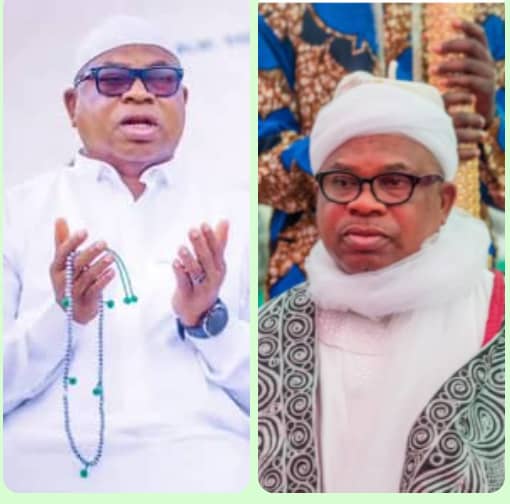

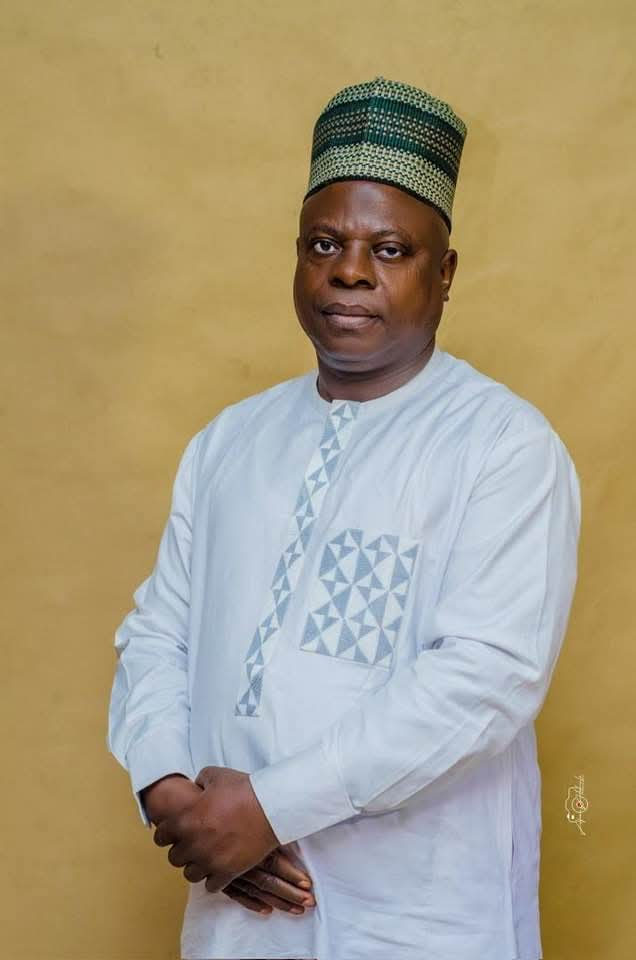
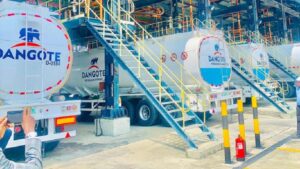



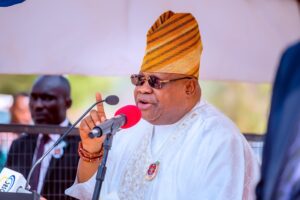



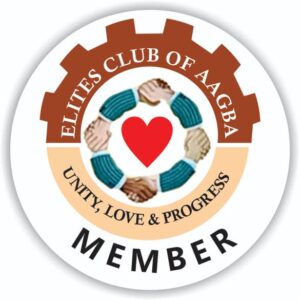
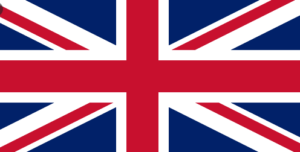
Post Comment